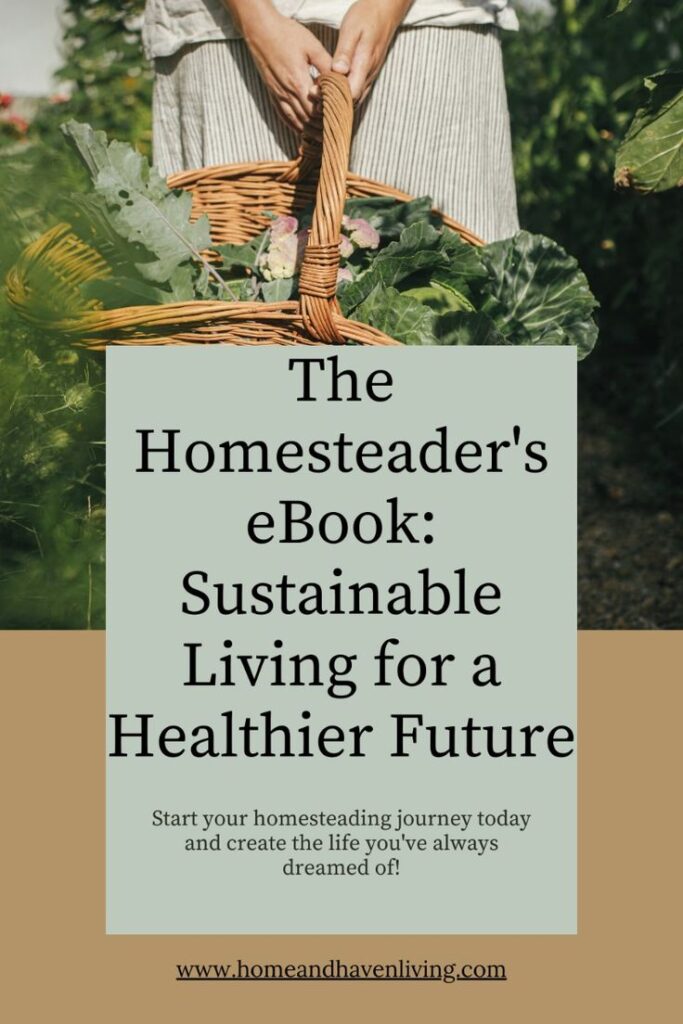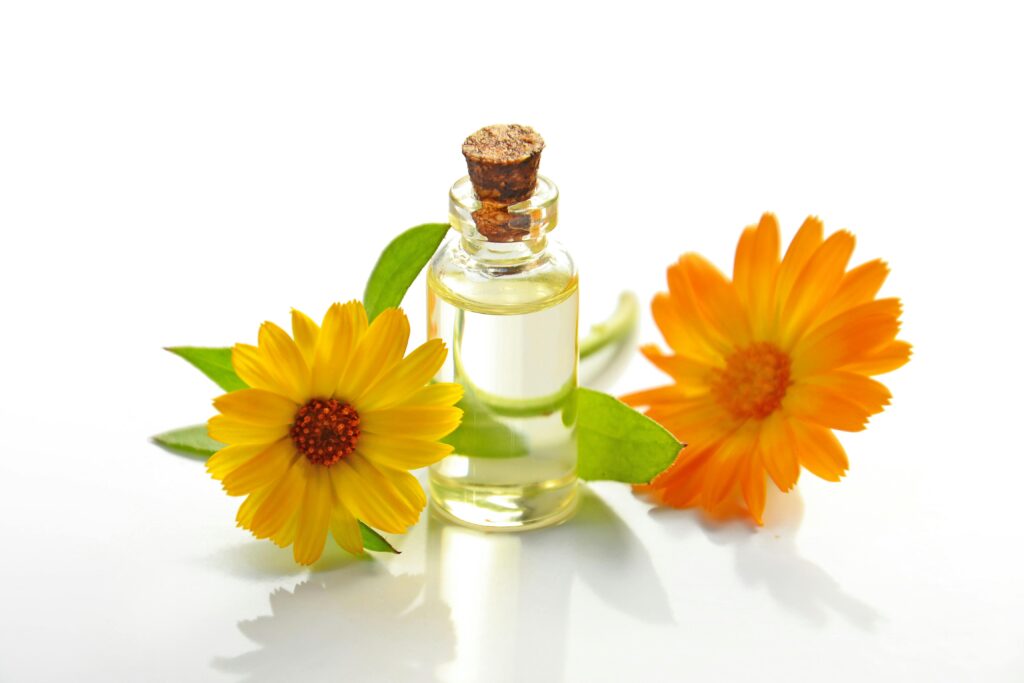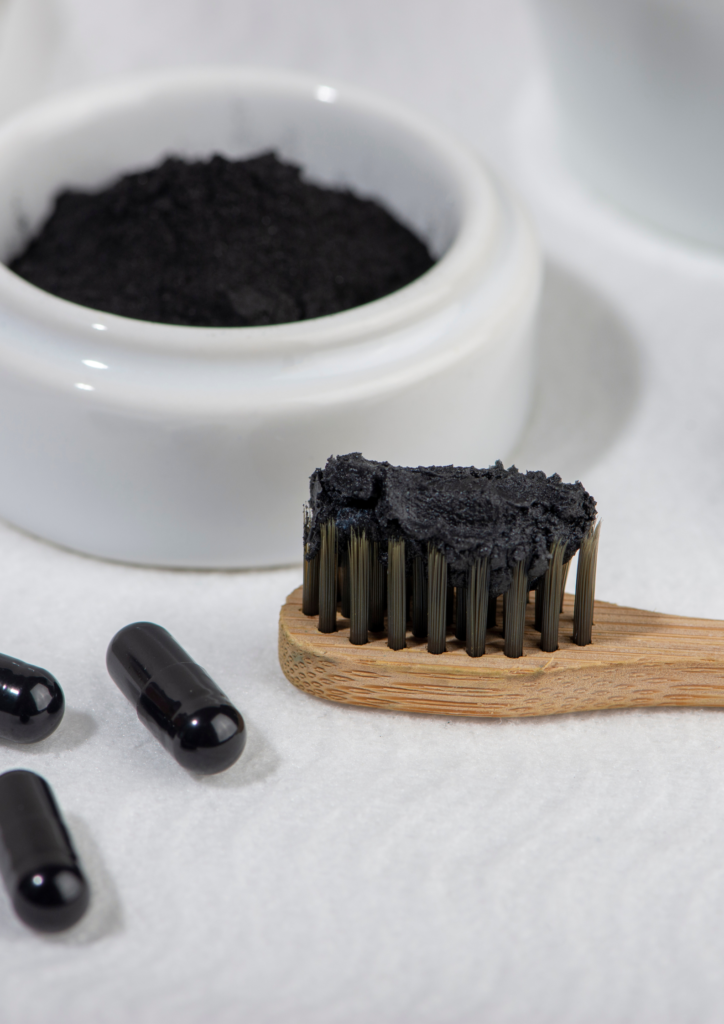DIY Natural Fabric Softeners: Eco-Friendly Alternatives for Softer Laundry

In today’s world, many people are becoming increasingly aware of the harmful chemicals that exist in everyday products, and laundry care is no exception. Many store-bought fabric softeners contain synthetic fragrances, parabens, phthalates, and other chemicals that not only irritate the skin but also pollute the environment. As a result, more and more people are choosing to switch to natural alternatives.
If you’ve been considering going green with your laundry routine, homemade natural fabric softeners are a great place to start. They’re not only safe for you and your family but also environmentally friendly and budget-conscious. In this blog post, we’ll share easy-to-make natural fabric softeners using simple ingredients like vinegar, baking soda, and essential oils. These DIY fabric softeners are effective, affordable, and perfect for those looking to reduce their environmental footprint.
Let’s dive into the benefits of using natural fabric softeners, explore some DIY recipes, and learn how you can make the switch today.
Why Choose Natural Fabric Softeners?
1. Healthier for You and Your Family
Conventional fabric softeners contain synthetic fragrances and harsh chemicals that can be absorbed through the skin. These chemicals may cause skin irritation, allergies, and even hormone disruption over time. In fact, many commercial softeners are rated poorly by the Environmental Working Group (EWG), which warns that some contain potentially harmful ingredients.
“Switching to natural alternatives reduces exposure to skin-irritating chemicals and protects your health in the long run.” – EWG (2021)
By opting for a homemade fabric softener, you’re avoiding all these toxic chemicals, ensuring that your laundry is as gentle on your skin as it is on the planet.
2. Better for the Environment
Many conventional fabric softeners contain chemicals that can end up in waterways and harm aquatic life. The ingredients used in homemade fabric softeners are biodegradable and won’t contribute to water pollution, making them far more eco-friendly. By switching to natural alternatives, you’re not only protecting your skin but also reducing your environmental footprint.
“Every time we opt for a DIY alternative, we vote for the planet.” – Green Living Expert
Switching to natural fabric softeners is a simple way to lessen your environmental impact, making a big difference for future generations.
3. Cost-Effective and Sustainable
Conventional fabric softeners can be pricey, especially if you use them frequently. On the other hand, DIY fabric softeners are often made from pantry staples, which are very affordable. With ingredients like vinegar, baking soda, and essential oils, you can make your own fabric softener at a fraction of the cost of store-bought versions.
Homemade fabric softeners also allow you to create larger batches that last longer, saving you money in the long run while keeping your laundry routine eco-friendly and sustainable.
Key Ingredients for Natural Fabric Softeners
1. White Vinegar
White vinegar is one of the most effective and affordable natural fabric softeners. Its acidity helps to break down detergent residues and soften fabrics, leaving your clothes feeling fresh and soft. Additionally, vinegar is an excellent deodorizer that can eliminate lingering smells in your laundry.
Table 1: Why White Vinegar is Effective
| Benefit | Explanation |
|---|---|
| Softens Fabric | Its acidity helps break down detergent residues, making clothes softer. |
| Deodorizes Clothes | Neutralizes odors naturally without harsh fragrances. |
| Eco-Friendly | Non-toxic and biodegradable, making it safe for the environment. |
2. Baking Soda
Baking soda works wonders for both deodorizing and softening clothes. It helps neutralize odors, regulate the pH balance of your laundry, and prevent the buildup of soap scum on your clothes and in your washing machine.
Table 2: How Baking Soda Works
| Function | Explanation |
|---|---|
| pH Regulation | Balances the pH level of laundry for better softness. |
| Natural Odor Control | Deodorizes fabric by neutralizing smells. |
3. Essential Oils
Essential oils are a great way to add a pleasant, natural fragrance to your homemade fabric softeners. Popular choices include lavender, eucalyptus, lemon, and tea tree oils, each of which also offers therapeutic properties such as relaxation and antibacterial effects.
“Essential oils not only provide a natural fragrance but also offer therapeutic benefits like stress relief and antibacterial properties.” – Natural Wellness Expert
4. Citric Acid
Citric acid, found naturally in citrus fruits, acts as a natural fabric softener by softening water and preventing soap scum buildup. It also has mild disinfecting properties, which help clean and sanitize your clothes during the washing cycle.
DIY Natural Fabric Softener Recipes

Recipe 1: Vinegar and Essential Oil Fabric Softener
Ingredients:
- 2 cups of white vinegar
- 10-15 drops of your favorite essential oil (e.g., lavender, lemon, or eucalyptus)
- 1 tablespoon of baking soda
- 2 cups of water
Instructions:
- Combine vinegar and water in a large container.
- Add the baking soda and mix well until dissolved.
- Drop in the essential oils and stir to combine.
- Store in a glass jar or bottle with a secure lid.
- Add 1/4 to 1/2 cup of this mixture per laundry load, adding it to the rinse cycle.
Key Tip: Store your fabric softener in a glass container to avoid chemical reactions with plastic. For high-efficiency washers, make sure to use the proper amount to avoid excess suds.
Recipe 2: Baking Soda and Vinegar Fabric Softener
Ingredients:
- 2 cups white vinegar
- 1/2 cup baking soda
- 10 drops essential oil (optional for fragrance)
- 4 cups of water
Instructions:
- In a large mixing bowl, combine the baking soda with vinegar and stir until the baking soda dissolves.
- Add essential oils and water, then stir again.
- Pour into a storage container.
- Use 1/4 cup in each rinse cycle.
Recipe 3: DIY Fabric Softener Using Citric Acid
Ingredients:
- 2 cups warm distilled water
- 2 tablespoons citric acid powder
- 10-15 drops of your favorite essential oil (e.g., lavender, lemon, or eucalyptus)
Instructions:
- In a bowl or jar, dissolve the citric acid powder in the warm distilled water. Stir until fully dissolved.
- Add the essential oil and mix well.
- Transfer the mixture to a clean, airtight container.
How to Use:
- Add 2-3 tablespoons of this solution to the fabric softener compartment of your washing machine per load.
Benefits of Citric Acid in Laundry:
- Softens fabrics naturally by neutralizing detergent residues.
- Helps prevent limescale buildup in your washing machine.
- Eco-friendly and gentle on sensitive skin.
Key Tip: Shake well before each use to ensure the essential oils are evenly distributed.
This simple and effective recipe not only softens your clothes but also leaves them lightly scented and free of harsh chemicals. Perfect for anyone aiming for a greener laundry routine!

How to Use DIY Fabric Softener in Your Laundry Routine
- Add 1/4 cup of the fabric softener directly to your washing machine’s fabric softener dispenser or during the final rinse cycle.
- If you have an HE washer, be mindful of the amount used, as these machines use less water.
- For added freshness, you can even make your own dryer sheets by soaking cloth strips in a bit of the homemade fabric softener.
Potential Issues and How to Avoid Them
1. Overpowering Scent?
If the scent of your essential oils is too strong, dilute your fabric softener with a bit more water until you reach the desired fragrance. You can also experiment with different essential oils to find the perfect scent strength.
2. Vinegar Smell
While vinegar has a strong smell when first added to the wash, it evaporates completely as your clothes dry. If you’re concerned, adding a few more drops of essential oils can help mask the vinegar scent.
Conclusion
Switching to a DIY natural fabric softener is a fantastic way to reduce your exposure to harmful chemicals, contribute to a healthier planet, and save money. With simple ingredients like vinegar, baking soda, and essential oils, you can create your own softeners that leave your clothes smelling fresh and feeling soft. Not only will you be making a safer choice for your skin, but you’ll also be taking a positive step toward a more sustainable and eco-friendly laundry routine.
“Natural fabric softeners are the eco-friendly answer to soft, fresh laundry without the toxic chemicals.” – Eco-Friendly Living Advocate
Start using these simple recipes today and experience the benefits of soft, fresh laundry that’s good for both you and the environment.
Citations & References:
- Environmental Working Group (EWG). (2021). Chemical Ingredients in Laundry Detergents.
- Green Living Expert. (2020). The Benefits of Vinegar and Essential Oils in Natural Cleaning.
- Essential Oils Safety Handbook. (2019). The Benefits of Lavender and Lemon Essential Oils.
As an Amazon Associate, we earn from qualifying purchases, but at no extra cost to you.



